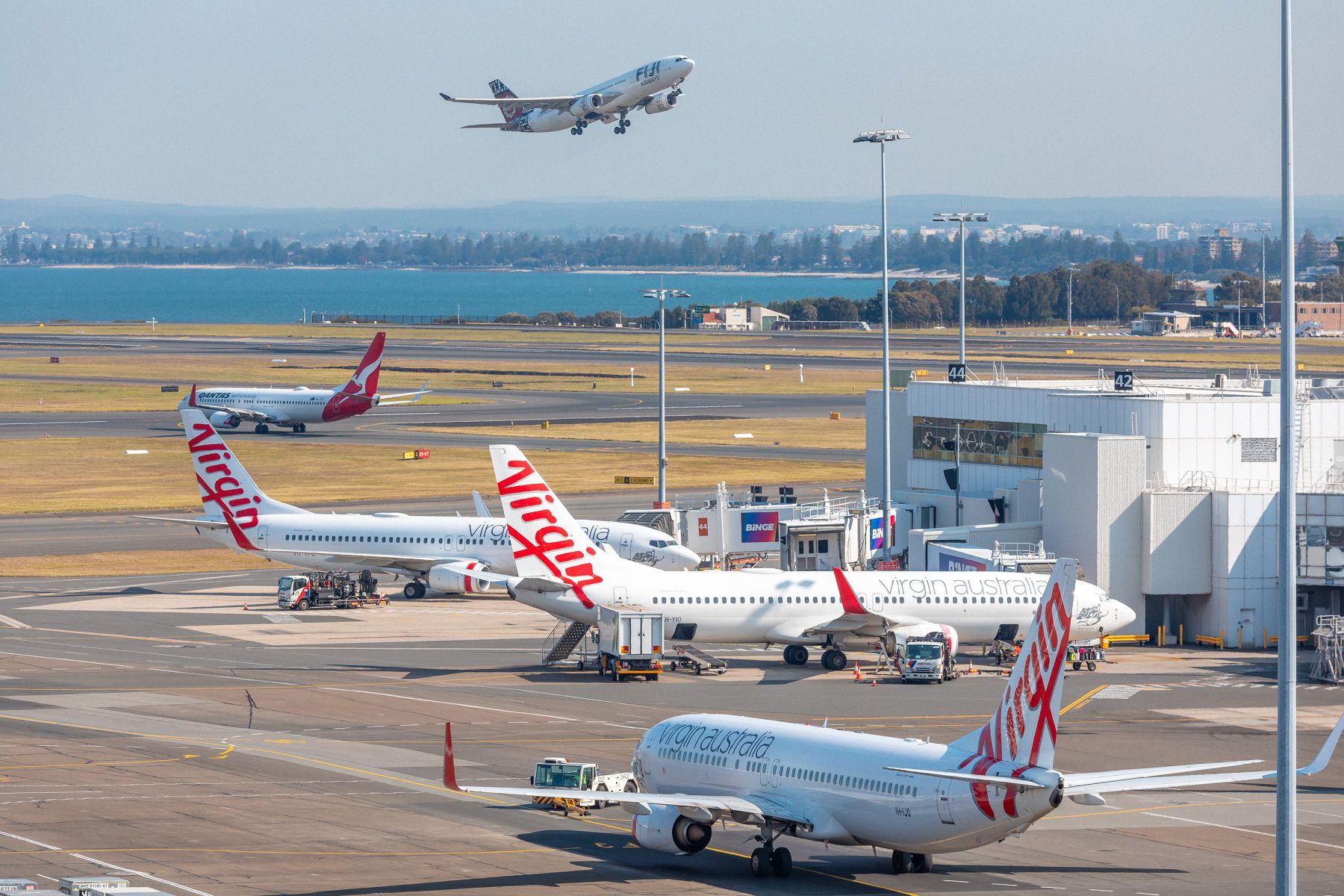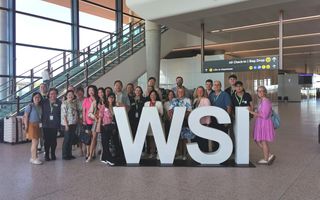A new report by Flight Centre Corporate has revealed that the cost of airfares rose at around half the rate of inflation over the last five years.
According to the Reserve Bank of Australia, a basket of goods and services valued at $1 in calendar year 2019 would cost $1.20 in calendar year 2024, reflecting a 20 per cent increase in goods and services, based on an annual inflation rate of 3.8 per cent.
FCM Consulting, Flight Centre Corporate’s business travel consulting arm, has found that while the cost of living was on the rise, the cost of travel was moving at well below the rate of inflation.
“We’ve seen a gradual softening of domestic fares over the last 12 months, with a 12 per cent decline in the cost of an economy seat at the beginning of 2025 compared to early 2024," FCM Consulting Director APAC Felicity Burke said.
"That has resulted in a relatively low five-year increase, despite the pretty sizable uplift we saw in the few years during and post-COVID-19.
“International business class tickets have fared the best over the past five years, with an overall increase of seven per cent, while domestic economy fares followed at a growth of eight per cent, and international economy fares rose by 12 per cent since 2019.”
According to reported pricing, a two-litre carton of milk has risen by 83 per cent, takeaway coffee by 38 per cent, unleaded petrol by 35 per cent and a loaf of bread by 31 per cent.
However, the cost of airfares between 2019 and 2025 for domestic was up eight per cent, with international up 12 per cent.
“This comes while the cost of jet fuel increased by 25 per cent in 2024, compared to 2019, according to IATA, but that does appear to be easing back towards 2019 levels in early 2025," Ms Burke said.
“Passenger numbers have lifted year on year, and domestic capacity levels still lag behind what they were pre-COVID-19, which reflects the growing operating costs and volume of demand airlines have experienced during this period.”
Burke said travellers could expect airfares to plateau for the short-to-medium term, with fares predicted to remain steady.
“What we can expect to see moving forward throughout the rest of the year is a balancing in the cost of fares – we don’t expect to see any significant increases outside of those seasonal variations that will come around holidays and major events," Ms Burke said.
"But don’t expect to see any significant or long-lasting drops in the price of flying domestically or internationally either."
.jpg?rect=0,94,1800,1013&w=320&h=180&fit=min&auto=format)


